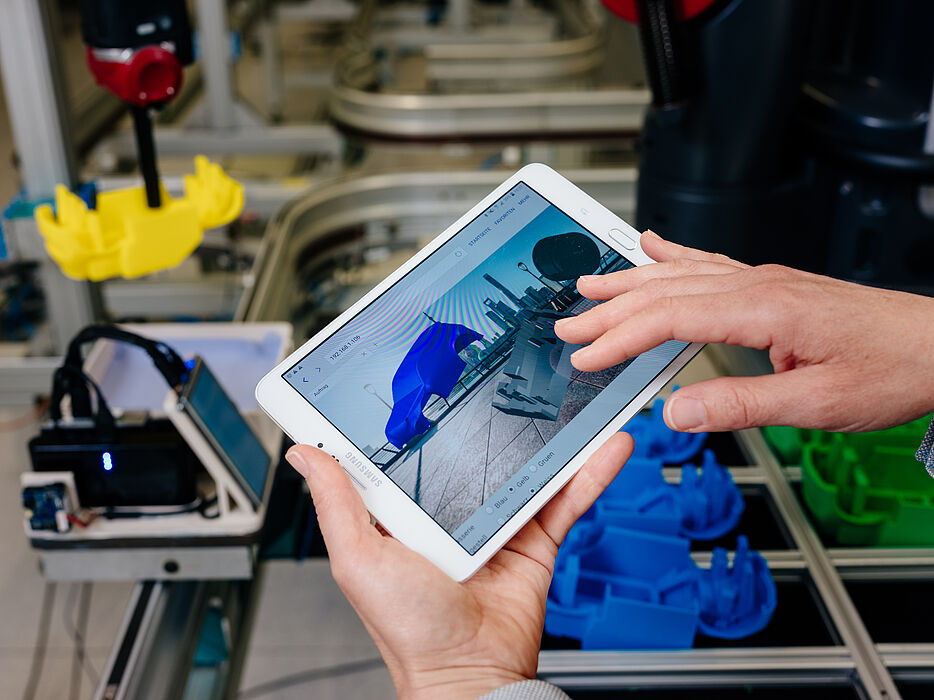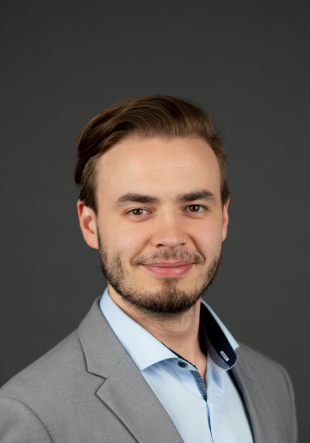New Research Project Launched for Intelligent Technical Systems
Manufacturing mechatronic products is associated with high energy demand, critical raw materials, and complex manufacturing conditions. One way to solve this problem is through a circular economy, which makes it possible to conserve resources and ensure sustainable development. For instance, waste is prevented by reusing and repairing existing products. If this is not possible, the products are broken down into their basic materials – the raw materials – so they can be reused. Researchers from Paderborn University and the Fraunhofer Institutes IEM (Paderborn) and IZM (Berlin) are currently working to extend this principle to an integrated circular product development process for intelligent technical systems. The “ZirkuPro” research project will be funded through the end of April 2025 as part of the it’s OWL technology network, with a total of about 3 million euros from the Ministry for Economic Affairs, Innovation, Digitization and Energy of the State of North Rhine-Westphalia (MWIDE NRW).
Complex sustainability requirements
“A major emphasis is on electronics, because they are an important component of intelligent technical systems. To a certain extent, electronics consist of critical material combinations, e.g. rare earths, and are often underestimated in terms of their carbon emissions. They are also facing a design shift due to new legislation and regulations,” explains Michel Scholtysik, a research associate in the Advanced Systems Engineeringworking group at the computer science institute, which is participating in the project. “For example, Miele wants to take aspects of the circular economy into account when developing future generations of ovens, and plans to change the component design so that repairs can be even easier and more efficient,” continues Scholtysik.
“The sustainability requirements are extremely complex. The ZirkuPro project is creating a system so that companies can take a targeted approach to their product development, which can make the impact of design decisions on the entire value chain, for instance, more transparent,” explains DEng Christoph Jürgenhake, Project Manager of ZirkuPro and Acting Department Head of Systems Engineering at the Fraunhofer IEM.
Consortium "ZirkuPro"
In addition to the research institutions of Paderborn University, Fraunhofer IEM and Fraunhofer IZM, the consortium consists of various industry partners. Miele is working to develop innovative business models in the context of the circular economy. Diebold Nixdorf is planning to focus its system development and system production more strongly on the envisioned system for integrated circular product development. Wago hopes to use the project to improve the environmental footprint of its products, and CP contech electronic wants to focus more on the issues of sustainability and circularity.


